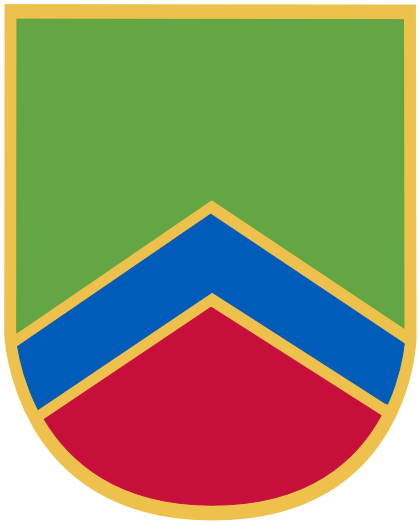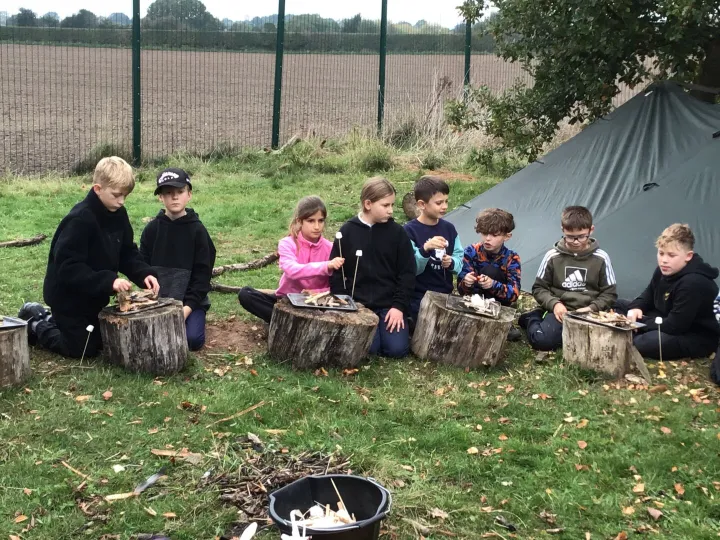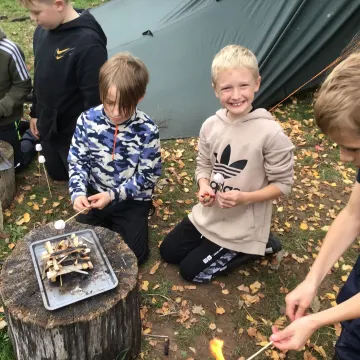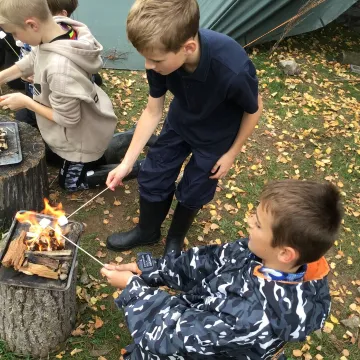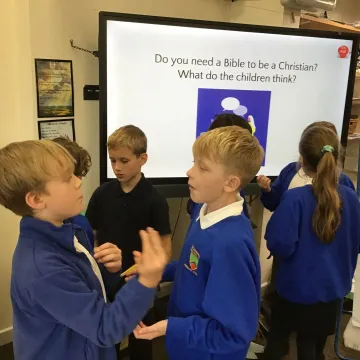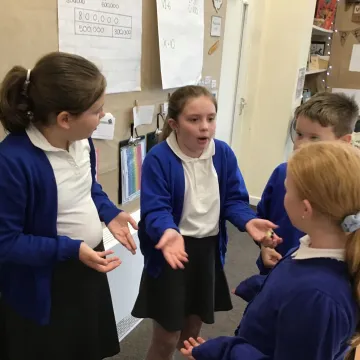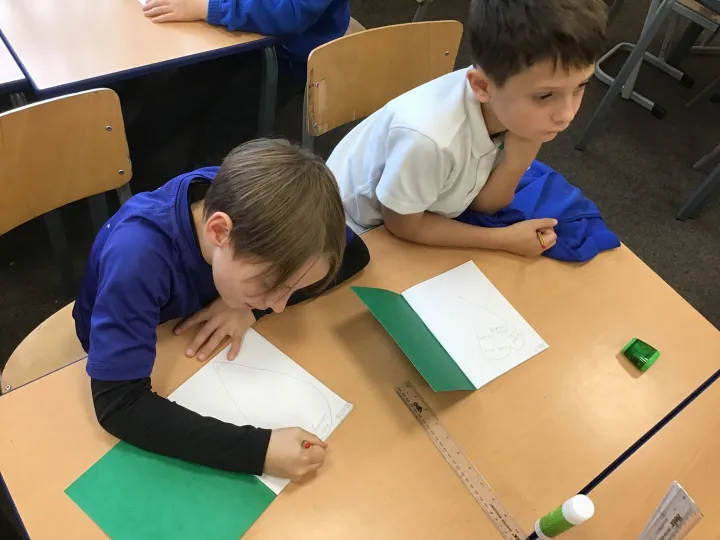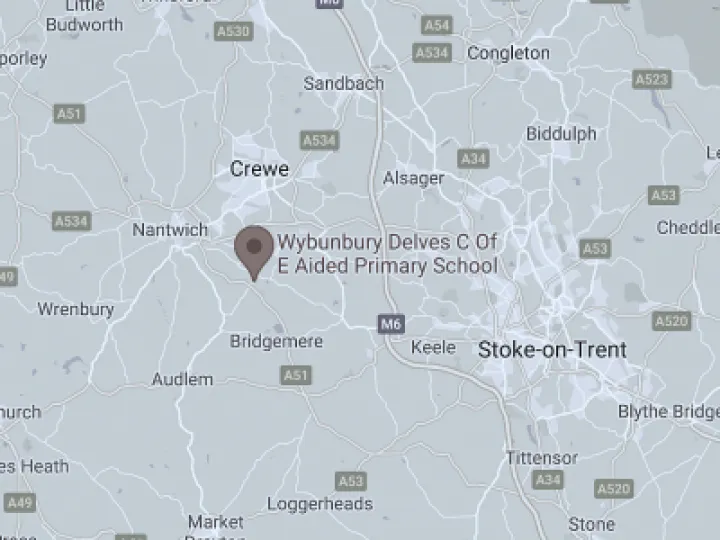Year 5 Weekly News 17.10.25
We began this week’s English lessons with a focus on relative clauses. We worked hard to identify relative clauses within sentences and construct our own. Did you know that when, who, which, that, whose, and where often begin relative clauses? We have then spent time to unpick our example text. Understanding the structure, language and writer's knowledge within it. We have also worked on our plan for our own mission log and written our own report paragraph after role-playing the events of our mission to Mars. We are looking forward to writing our own mission logs next week.
In Maths, we’ve embarked on a new unit to review our knowledge of addition and subtraction strategies. We explored different types of questions and sorted them according to the most efficient strategy. Then, we applied our prior knowledge to scale known facts—such as turning 5 + 3 = 8 into 500,000 + 300,000 = 800,000. Scaling known facts has been an important factor in learning this week. We learnt about answering inverse operations. We have learnt to use bar models and fact triangles to support us to infer our known facts. We have ended our week with a place value quiz.
During our reading comprehension lessons, we enjoyed revisiting the features of non-fiction texts. We practised scanning for key information and summarised the main changes that occurred from the beginning to the end of the century. We also learnt about the importance of the development of steam engines for our railways and why the invention of the lighbulb was necessary.
In Computing, our task was to explore how different search engines work. We compared this to a system with an input, process, and output. We discussed how to refine our searches and compared how two different search engines displayed information in response to the question: Why is Wybunbury Moss important?
As geographers, we investigated the journey of coffee—from its origins as a raw material to its final sale to consumers. We ordered the process using photos and then wrote about each stage using our newly learned vocabulary.
In our Heartsmart lessons this week, we reflected on David – the son of Jesse – from the Bible. We knew lots about him from last year and that God chose David for an important role because he valued the qualities that David had inside his heart. We learnt that we all gain a good or bad reputation based upon what’s in our heart and that even if we're talented at
something the reputation that remains is based upon our heart. We considered and recorded what heart reputation the children would like to have. 'Being respected is more important than having great riches. To be well
thought of is better than owning silver or gold.' Proverbs 22:1
History this week developed on our reading lesson and we learnt about the development of the railway. Throughout our lesson, we learnt about the Rainhill Trials, the development of steam engines and looked at what these were like in the past and bringing our learning closer to home, we learnt about the changes the railways had on Crewe.
In our Forest School session this week, we recapped the seven processes of living things. We then learnt more about how all living things reproduce. Our learning led us to investigate asexual reproduction. We conducted a process called propagation using a raspberry plant and are hoping this will lead to a result of creating a clone of the raspberry plant. We will look after our cuttings in our classroom and we look forward to trying this on more plants in school. We then moved on to learn about Summer shelters. Mr Hadfield showed us how to build the main structure and then we loved having time to make them our own! We added different areas like places for cooking (and even going to the toilet!) At the end of our session, we enjoyed building fires and toasting marshmallows.
Our RE lesson this week, concluded our work on the Bible and we completed our questful map. This was not before we held a debate about the question: Do all Christians need to own a Bible? We loved debating this topic and had great ideas to share. When we had completed our Christianity unit, we went on to discover more about world faiths. We learnt about Judaism and their holy book – the Torah. We recapped what we knew from Y4 and then discovered lots more interesting facts. We enjoyed watching a video which told us that it can take Jewish scribes over 2 years to hand write a Torah! We recorded our interesting facts in our books along with three 'I wonder...' statements.
French this week allowed us to learn about school subjects. We can now say the names for many lessons we enjoy in school as well as identifying the masculine and feminine forms.
Maths.co.uk homework has been set for this week.
Have a wonderful weekend!
Mrs Morris and Mrs Pointon
Quick Links
Contact Us
office@wybunburydelves.co.uk
01270 841302
Wybunbury Delves
Bridge Street
Wybunbury
Nantwich
CW5 7NE
